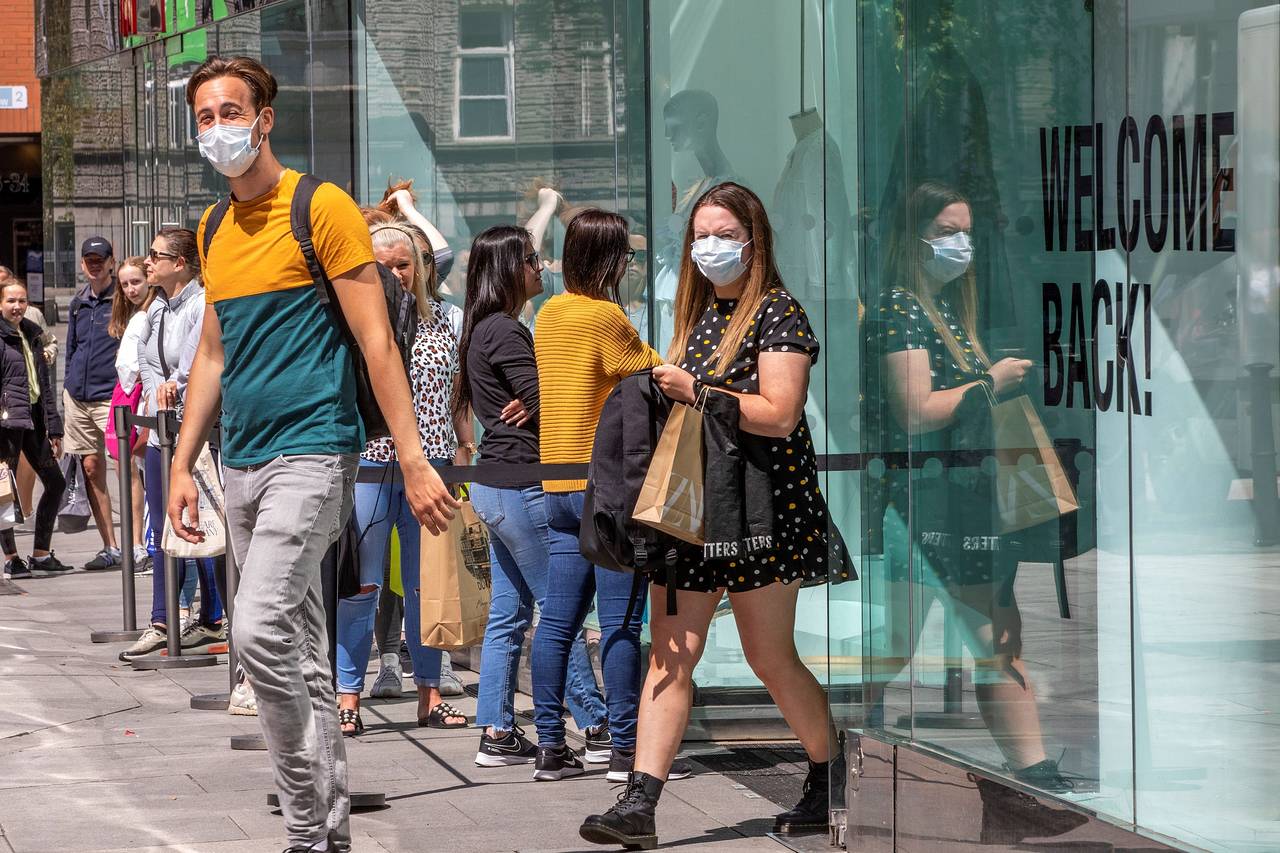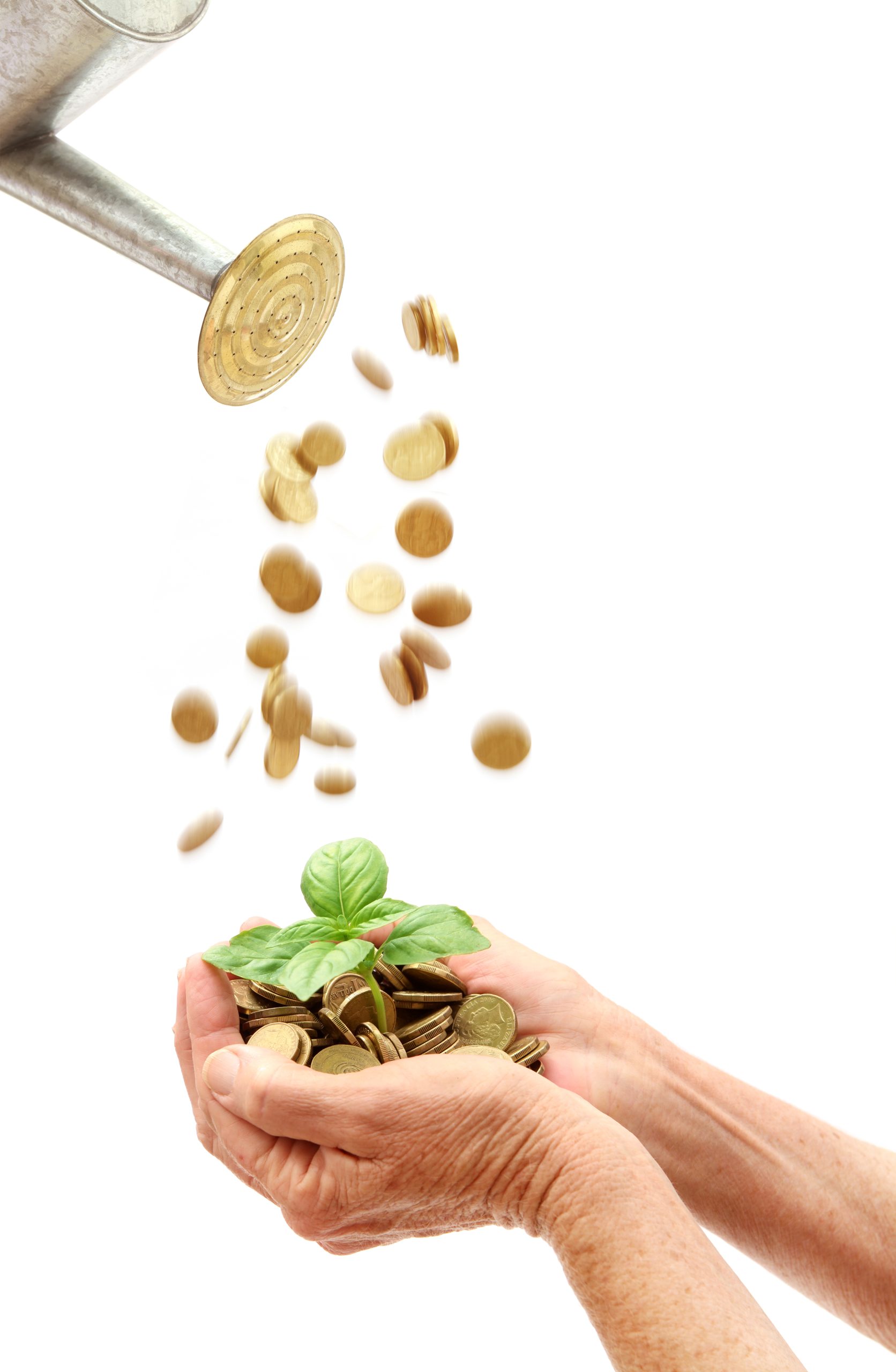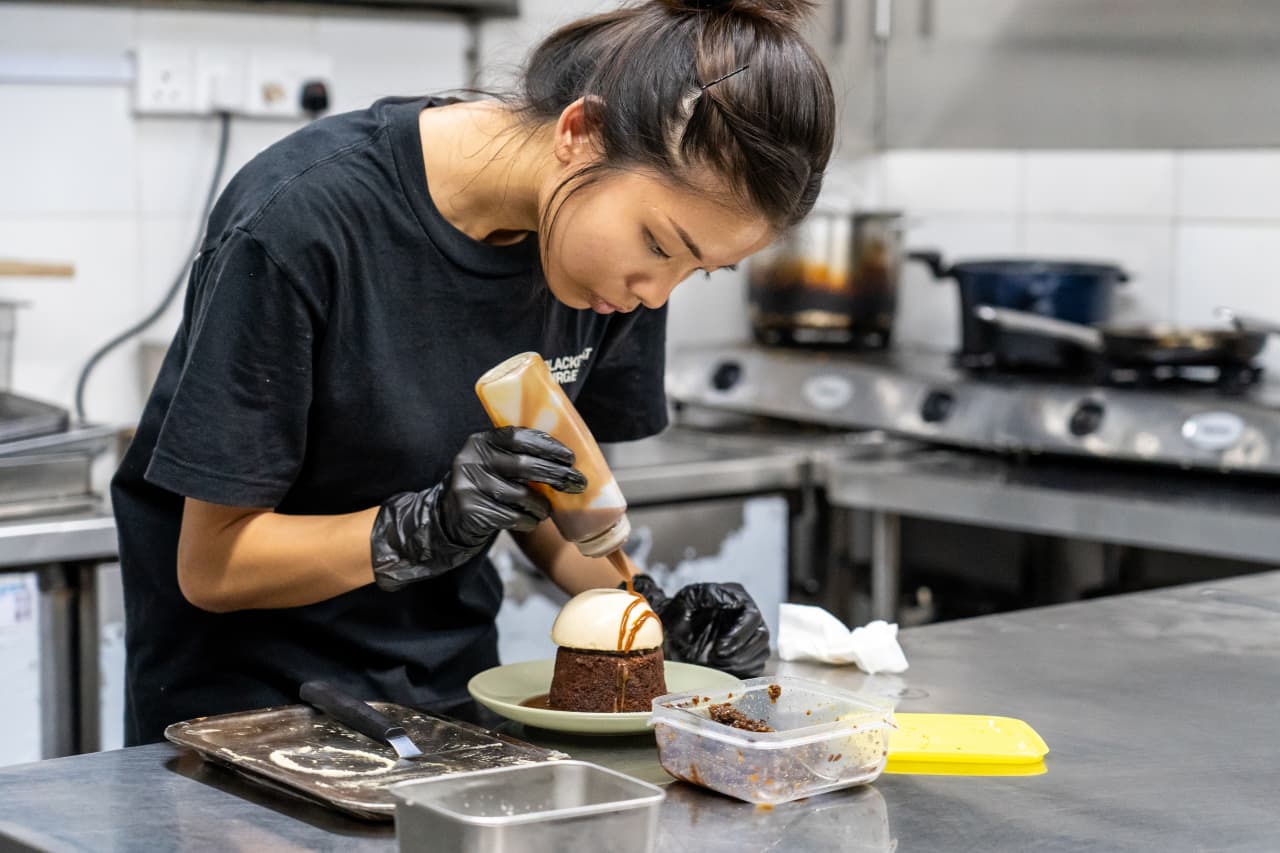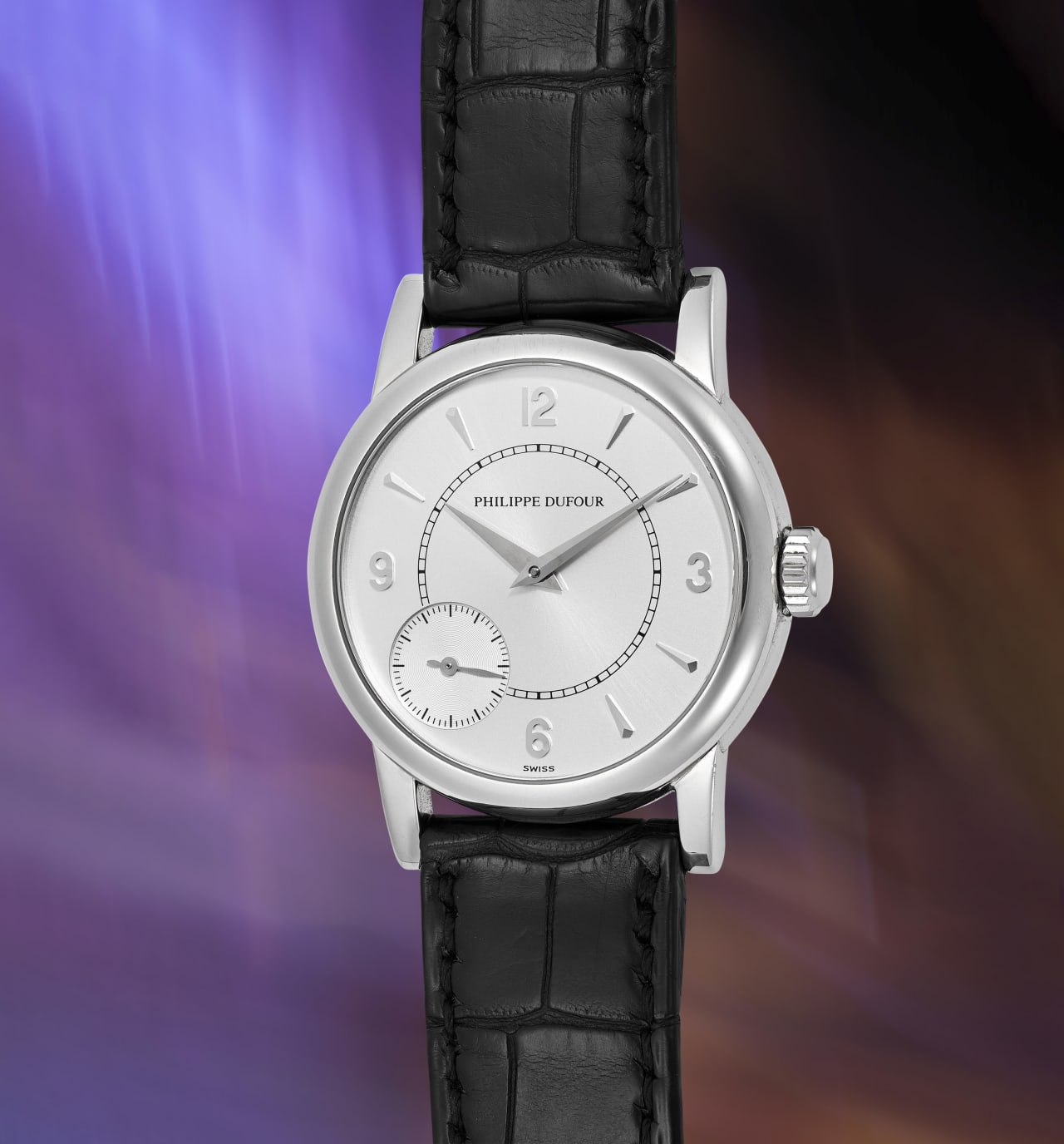H&M Has Lagged Behind Zara Owner Inditex In Online Shopping. Both Stocks Fell.
The Covid-19 pandemic caused sales to slump at retail giants Inditex and Hennes & Mauritz (H&M) in November, reversing glimmers of a recovery and shining a light on the very different online sales performance between the two companies.
Shares in both companies fell in European trading, with Inditex, which owns Zara, trading near 2% lower and H&M dropping more than 2% on Tuesday.
The back story. As global coronavirus infection rates slowed through the summer and government restrictions were loosened, shoppers flocked back to stores after months of retail closures. Both Spanish Inditex and Swedish H&M—the largest and second-largest fashion chains in the world, respectively—returned to profitability in the autumn after large losses.
With the Covid-19 pandemic keeping millions of shoppers housebound, Inditex has made a key investment in expanding online shopping. In June, the company announced a €2.7 billion ($4.34 billion) investment plan to improve online operations and increase store footprint, of which €1 billion was earmarked for digital investments.
H&M, still controlled by its founding Persson family, was already struggling before the pandemic hit. The company has been slower to shift to online shopping in favour of its more than 5,000 stores and the low-cost fashion strategy it helped pioneer.
What’s new. Both companies reported results on Tuesday—Inditex for the three months to the end of October, and H&M for the quarter ending Nov. 30 as well as the full year.
Store and online sales grew slowly from August to October at Inditex, with October sales at 94% of 2019 levels at constant currencies. In total, net sales of €6.1 billion in the third quarter were 14% lower than the same period in 2019. However, as coronavirus cases surged in November, 21% of stores remained closed and sales fell to 81% of 2019 levels.
At H&M, net sales for the fourth quarter were 10% lower in local currencies from the same period last year. Much of that came in the final month: sales were down by just 3% year-over-year from Sept. 1 to Oct. 21, but were 22% lower than 2019 in the period from Oct. 22 to Nov. 30.
Looking ahead. The results from the retail giants show the impact the second wave of Covid-19 has brought on sales. Fears over how much this hurts the bottom line for the full year is what may have caused both stocks to fall.
But the results also shine a light on the companies’ different online strategies—a crucial sales platform beyond the pandemic. Inditex reported that online sales grew 76% in the nine months to the end of October, while analysts expect H&M to lag far behind. The Swedish retailer didn’t post any fresh online figures on Tuesday. It had posted online sales growth of 40% in the second quarter and just 27% in the third.
 Copyright 2020, Dow Jones & Company, Inc. All Rights Reserved Worldwide. LEARN MORE
Copyright 2020, Dow Jones & Company, Inc. All Rights Reserved Worldwide. LEARN MORE
This stylish family home combines a classic palette and finishes with a flexible floorplan
Just 55 minutes from Sydney, make this your creative getaway located in the majestic Hawkesbury region.
Impact investing is becoming more mainstream as larger, institutional asset owners drive more money into the sector, according to the nonprofit Global Impact Investing Network in New York.
In the GIIN’s State of the Market 2024 report, published late last month, researchers found that assets allocated to impact-investing strategies by repeat survey responders grew by a compound annual growth rate (CAGR) of 14% over the last five years.
These 71 responders to both the 2019 and 2024 surveys saw their total impact assets under management grow to US$249 billion this year from US$129 billion five years ago.
Medium- and large-size investors were largely responsible for the strong impact returns: Medium-size investors posted a median CAGR of 11% a year over the five-year period, and large-size investors posted a median CAGR of 14% a year.
Interestingly, the CAGR of assets held by small investors dropped by a median of 14% a year.
“When we drill down behind the compound annual growth of the assets that are being allocated to impact investing, it’s largely those larger investors that are actually driving it,” says Dean Hand, the GIIN’s chief research officer.
Overall, the GIIN surveyed 305 investors with a combined US$490 billion under management from 39 countries. Nearly three-quarters of the responders were investment managers, while 10% were foundations, and 3% were family offices. Development finance institutions, institutional asset owners, and companies represented most of the rest.
The majority of impact strategies are executed through private-equity, but public debt and equity have been the fastest-growing asset classes over the past five years, the report said. Public debt is growing at a CAGR of 32%, and public equity is growing at a CAGR of 19%. That compares to a CAGR of 17% for private equity and 7% for private debt.
According to the GIIN, the rise in public impact assets is being driven by larger investors, likely institutions.
Private equity has traditionally served as an ideal way to execute impact strategies, as it allows investors to select vehicles specifically designed to create a positive social or environmental impact by, for example, providing loans to smallholder farmers in Africa or by supporting fledging renewable energy technologies.
Future Returns: Preqin expects managers to rely on family offices, private banks, and individual investors for growth in the next six years
But today, institutional investors are looking across their portfolios—encompassing both private and public assets—to achieve their impact goals.
“Institutional asset owners are saying, ‘In the interests of our ultimate beneficiaries, we probably need to start driving these strategies across our assets,’” Hand says. Instead of carving out a dedicated impact strategy, these investors are taking “a holistic portfolio approach.”
An institutional manager may want to address issues such as climate change, healthcare costs, and local economic growth so it can support a better quality of life for its beneficiaries.
To achieve these goals, the manager could invest across a range of private debt, private equity, and real estate.
But the public markets offer opportunities, too. Using public debt, a manager could, for example, invest in green bonds, regional bank bonds, or healthcare social bonds. In public equity, it could invest in green-power storage technologies, minority-focused real-estate trusts, and in pharmaceutical and medical-care company stocks with the aim of influencing them to lower the costs of care, according to an example the GIIN lays out in a separate report on institutional strategies.
Influencing companies to act in the best interests of society and the environment is increasingly being done through such shareholder advocacy, either directly through ownership in individual stocks or through fund vehicles.
“They’re trying to move their portfolio companies to actually solving some of the challenges that exist,” Hand says.
Although the rate of growth in public strategies for impact is brisk, among survey respondents investments in public debt totaled only 12% of assets and just 7% in public equity. Private equity, however, grabs 43% of these investors’ assets.
Within private equity, Hand also discerns more evidence of maturity in the impact sector. That’s because more impact-oriented asset owners invest in mature and growth-stage companies, which are favored by larger asset owners that have more substantial assets to put to work.
The GIIN State of the Market report also found that impact asset owners are largely happy with both the financial performance and impact results of their holdings.
About three-quarters of those surveyed were seeking risk-adjusted, market-rate returns, although foundations were an exception as 68% sought below-market returns, the report said. Overall, 86% reported their investments were performing in line or above their expectations—even when their targets were not met—and 90% said the same for their impact returns.
Private-equity posted the strongest results, returning 17% on average, although that was less than the 19% targeted return. By contrast, public equity returned 11%, above a 10% target.
The fact some asset classes over performed and others underperformed, shows that “normal economic forces are at play in the market,” Hand says.
Although investors are satisfied with their impact performance, they are still dealing with a fragmented approach for measuring it, the report said. “Despite this, over two-thirds of investors are incorporating impact criteria into their investment governance documents, signalling a significant shift toward formalising impact considerations in decision-making processes,” it said.
Also, more investors are getting third-party verification of their results, which strengthens their accountability in the market.
“The satisfaction with performance is nice to see,” Hand says. “But we do need to see more about what’s happening in terms of investors being able to actually track both the impact performance in real terms as well as the financial performance in real terms.”
This stylish family home combines a classic palette and finishes with a flexible floorplan
Just 55 minutes from Sydney, make this your creative getaway located in the majestic Hawkesbury region.






















